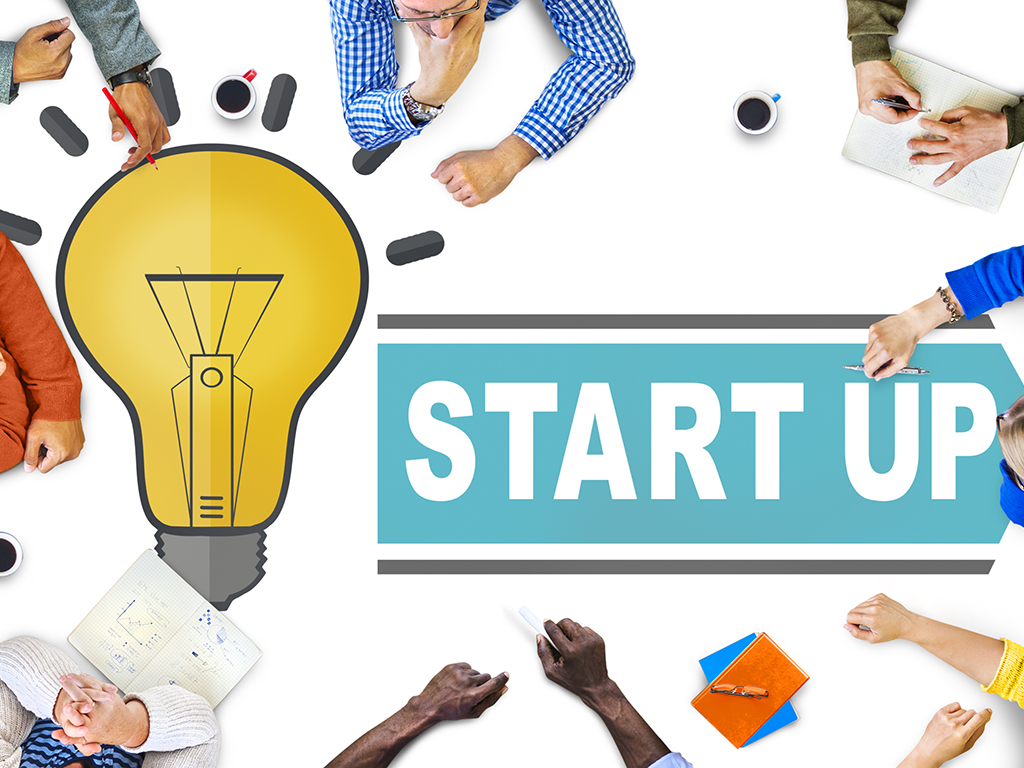Five promising European green startups
We present to you five new companies that contribute to the reduction of waste, CO2 emissions, single-use plastics, and thus show that it is possible to combine environmental protection with profitable solutions.
011h
Founded in 2020 in Barcelona with the intention of revolutionizing the construction industry, this startup does not want to be an ordinary construction company, but rather, as they say, part of the solution to building a sustainable future. The founders claim to have built a model that enables the construction of carbon-neutral buildings, which also lowers costs for investors.
There are three parts to the process. First they design the components, then they work with a network of partners who supply them with materials, manufacture and assemble the parts. The third part is planning, coordination and monitoring from the digital platform they developed internally.
Thanks to the platform, the design process is fast as it fits the parts and also calculates the time required to build, the costs, the carbon footprint and provides all the information needed to carry out the project. At the end of a building`s life, components can be reused or recycled.
The founders estimate that the CO2 footprint of buildings built this way will be 70% lower than those built traditionally. Since the construction industry is, as they say, very conservative and risk-averse, they built a prototype in a block of flats outside Barcelona to show their work to investors, architects, real estate companies.
AgroSustain
The Swiss startup AgroSustain, founded in 2018, offers a natural solution that extends the life of fruits, vegetables and flowers. An alternative to chemical pesticides, natural and organic coatings that are edible, tasteless, odorless, invisible, extend the life of fruits and vegetables on market shelves by up to one month, reduce water loss by up to 70% and waste in stores by up to 55%, according to the founders. . The startup is also developing a biocoating that will be able to be used after harvest, and it is expected to be certified within the next year and a half.
Modern Milkman
The British startup based in Manchester brings together farmers and independent agricultural producers who offer fresh food, without the use of single-use plastic.
Three times a week they deliver milk and other products to users, such as eggs, marmalade, chocolate, sausage. All drinks are delivered in reusable glass bottles that the team collects, washes and prepares for new use, so each one is used an average of 25 times.
Other products like tea and coffee are delivered in reusable metal containers, and non-reusable packaging is recyclable, plastic-free or compostable. As they say, since 2018, when they were founded, they have saved more than 98 million plastic bottles.
TIER Mobility
If you like to rent a scooter or bike to get around the city more easily when traveling, look no further than TIER Mobility. The company, founded in 2018 in Berlin, offers various solutions for movement in cities, from scooters, to bicycles, to mopeds, in order to reduce the use of cars. They say that in 2020 they became the first micro company in the field of transport that is completely climate neutral.
Users first install the app, then find the nearest vehicle, e-bike or e-scooter on the map, scan the code to unlock the vehicle and start driving. When they are finished, they can leave the vehicle in marked places. They operate in 260 cities in 22 countries in Europe and the Middle East. The closest to us you will find them in Pula and Rijeka.
Wastefront
Founded in Oslo in 2019, Wastefront converts waste tires into useful products, including liquid hydrocarbons and pure carbon, which can be reused in processes such as alternative fuel production or rubber compound production.
This solves a big problem because, as they say, it is estimated that 29 million tons of tires reach the end of their life cycle every year around the world. The average tire takes more than 50 years to decompose, and tires that are dumped in landfills release toxins into the soil and nearby waterways.


 Izdanje Srbija
Izdanje Srbija Serbische Ausgabe
Serbische Ausgabe Izdanje BiH
Izdanje BiH Izdanje Crna Gora
Izdanje Crna Gora


 News
News














 LinkedIn
LinkedIn Email
Email Copy link
Copy link


